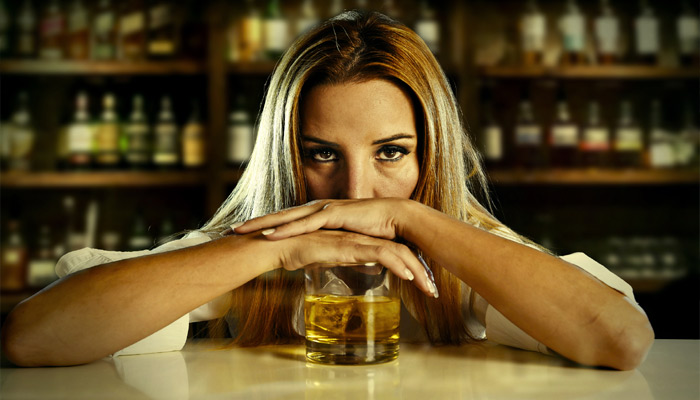As Alcohol Awareness Month runs full steam ahead in April, it’s a timely reminder to examine our relationship with alcohol.
While social drinking is often seen as a harmless pastime, the line between casual indulgence and dependence can be surprisingly blurry. Social settings often revolve around alcohol. It can ease social anxiety, enhance conversation, and create a sense of belonging. This “social lubricant” effect is why many people find themselves drawn to drinking in social situations.
Additionally, many cultures around the world heavily integrate social drinking into their fabric. “This not only includes cultures of nationality, but also cultures of masculinity, sport, work, and even some religions,” explained Brittany Hunt, therapist, head of quality, innovation and research department at Clinic Les Alpes.
“Even in countries or cultures where alcohol drinking is discouraged or forbidden, its taboo nature can make it even more attractive. As such, it becomes almost expected that people are at least willing to consume alcohol on occasion, even if they are not regular drinkers. This normalisation has created an environment where people don’t ‘see the problem’ in having a drink unless you are the one that ‘has a problem’,” Hunt said in an interaction with indianexpress.com.
The slippery slope of dependence
The brain adapts to regular alcohol consumption, increasing tolerance and potentially leading to dependence. This means needing more alcohol to achieve the same desired effect. Social events are becoming increasingly centred around drinking, and individuals may feel uncomfortable or anxious in situations where alcohol is absent.
Even moderate social drinking can pose health risks. It can contribute to weight gain, interfere with sleep quality, and increase the risk of certain cancers. Alcohol can also impair judgment and coordination, leading to accidents and injuries.
Identifying the problem
Many people who enjoy social drinking might wonder how to identify if it’s becoming an addiction. Hunt offered some non-clinical warning signs:
Feeling You “Need” a Drink: Do you rely on alcohol to unwind, relax, or feel comfortable in social situations? This could be a sign of dependence.
Drinking Alone: A shift from social drinking to regular solo drinking is another potential red flag.
Strained Relationships: If your drinking habits are causing problems in your social, professional, or personal life, it’s a significant indicator you may have a problem.
What are the clinical signs?
Hunt also highlighted some clinical indicators of alcohol addiction based on diagnostic criteria:
Tolerance: Needing more alcohol to achieve the same desired effect is a sign of tolerance.
Withdrawal Symptoms: Experiencing physical discomfort like shakes or sweats when you stop drinking can indicate dependence.
Cravings: Strong cravings or urges to drink are another warning sign.
This is not an exhaustive list, and if you are even slightly concerned about your drinking habits, consult a healthcare professional.
Social drinking can be enjoyable, but it’s important to be aware of the potential risks. This Alcohol Awareness Month, take a step back and assess your relationship with alcohol. By making informed choices, you can ensure that social drinking remains just that – social – and doesn’t spiral into dependence.

